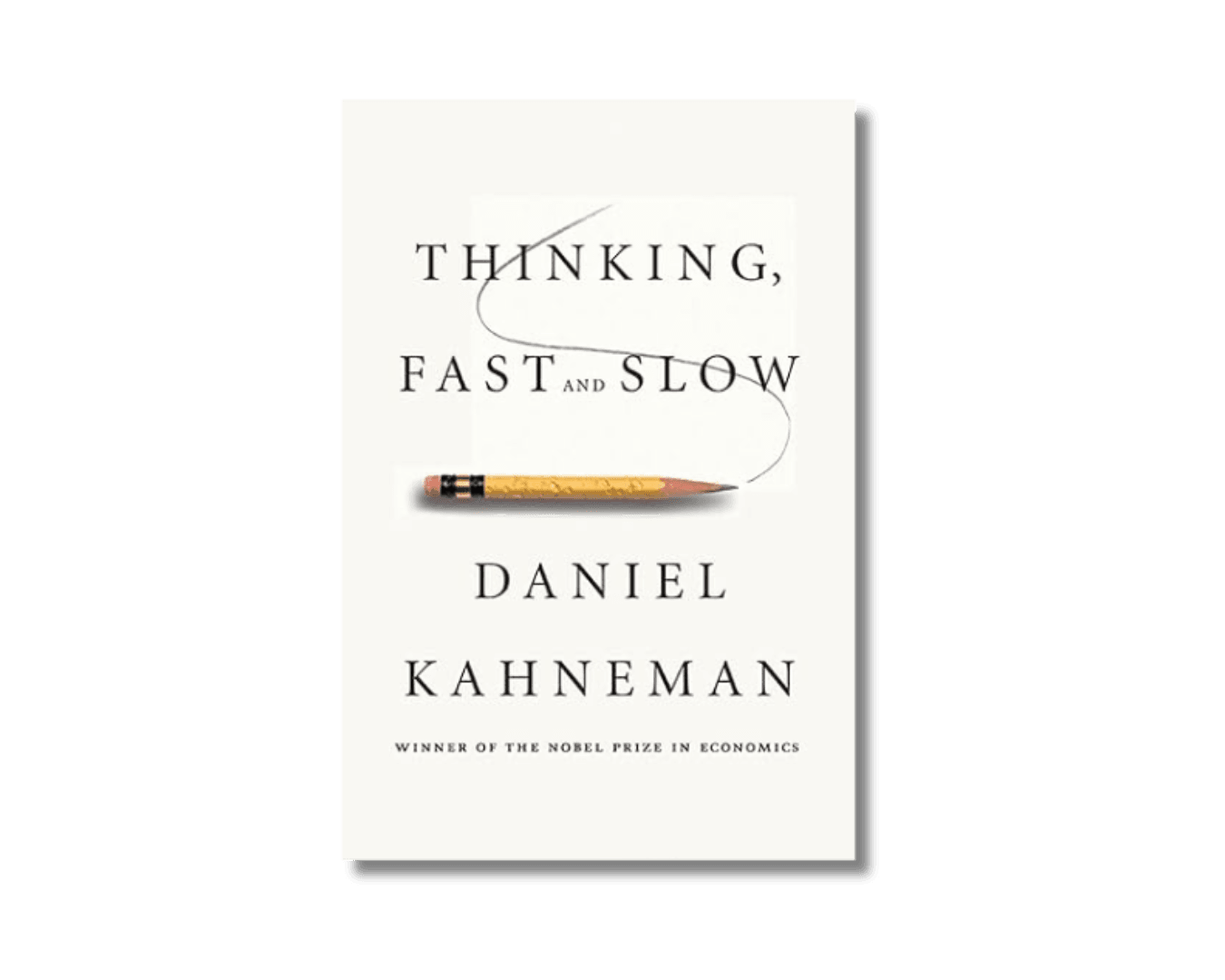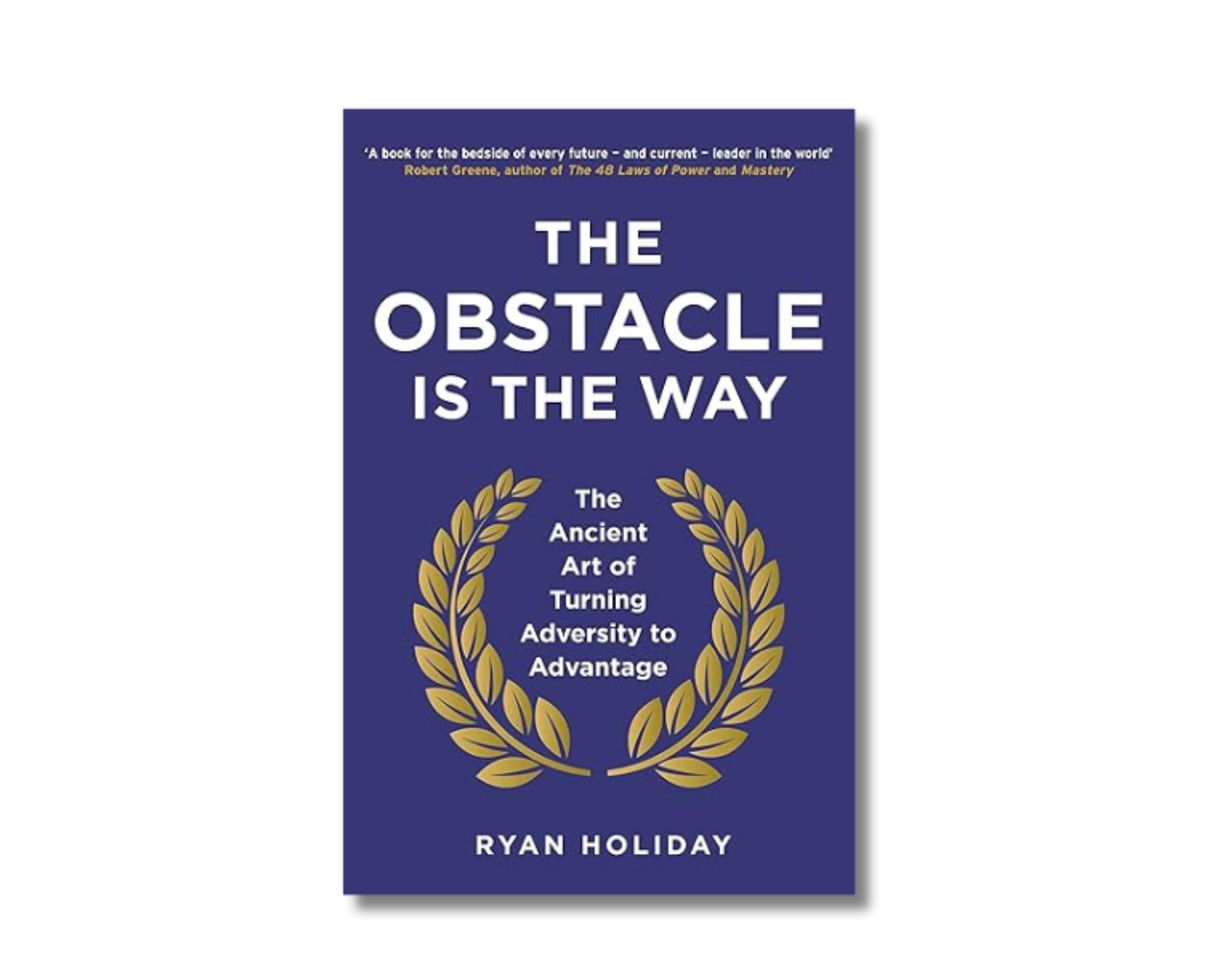Founders don’t fail because they lack talent.
They fail because talent doesn’t protect against cognitive biases in decision making.
That’s the core insight of Rolf Dobelli’s The Art of Thinking Clearly.
It’s a book every founder should read, not as theory, but as a toolkit.
Dobelli exposes common cognitive traps in business, from overconfidence to sunk cost, that sneak into strategy and hiring decisions.
It’s one of those rare Rolf Dobelli book lessons that cuts across psychology and leadership.
This isn’t just another productivity manual.
It’s The Art of Thinking Clearly summary for founders who want to scale without tripping over their own blind spots.
1. Sunk Cost Fallacy
Trap: Sticking with a bad hire, misfit client, or low-margin service because you’ve “already invested.”
Why it matters: Founders lose years protecting sunk costs instead of making clean exits.
Fix: Ask — “If I hadn’t started this, would I still choose it today?”
Why smart founders make dumb decisions often starts here — clinging to sunk costs instead of cutting losses.
2. Confirmation Bias
Trap: Only listening to data or advisors who agree with you.
Why it matters: It blinds founders to red flags in product-market fit or fundraising.
Fix: Actively seek dissent. Build a culture where tough questions are rewarded.
This is where founder decision making shifts from ego to clarity.
3. Planning Fallacy
Trap: Underestimating timelines, budgets, or execution effort.
Why it matters: This thinking error leads to constant overruns and erodes trust with teams.
Fix: Double your estimates, then add a buffer.
Among the most painful cognitive biases in decision making for scaling founders.
4. Authority Bias
Trap: Trusting advice just because it comes from a “big name.”
Why it matters: What worked at Google or Amazon won’t always work in your startup.
Fix: Ask: “Does this apply in my context?”
👉 A direct Rolf Dobelli book lesson: wisdom isn’t transferable without judgment.
5. Outcome Bias
Trap: Judging a decision only by its results.
Why it matters: Failure sometimes hides good reasoning; success sometimes hides bad reasoning.
Fix: Review the process, not just the outcome.
👉 This protects founder decision making from being warped by luck.
6. Survivorship Bias
Trap: Copying what winners did while ignoring the thousands who failed doing the same.
Why it matters: It leads to blind mimicry, not strategy.
Fix: Study both success and failure stories before acting.
It’s one of the common cognitive traps in business — and a trap founders fall into daily.
7. Loss Aversion
Trap: Avoiding risk even when the upside dwarfs the downside.
Why it matters: It keeps founders stuck in “safe” but stagnant choices.
Fix: Write out the best-case and worst-case scenario. Most risks shrink when put on paper.
A critical reminder from The Art of Thinking Clearly: clarity beats fear.
Founder Takeaway
Dobelli’s The Art of Thinking Clearly isn’t just psychology. It’s a practical guide to founder decision making.
Here’s the truth:
- Smarter founders don’t make fewer mistakes.
- They make fewer thinking errors because they see their own biases.
- They escape traps that keep others stuck.
So if you’ve ever wondered why smart founders make dumb decisions, this book shows you. Not by handing you rules, but by making you aware of the invisible filters shaping every call you make.
The quality of your business depends on the quality of your decisions.
And the quality of your decisions depends on how well you can master cognitive biases in decision making.


 BONUS: Read To Lead: 30 Books Every Founder Must Read.
BONUS: Read To Lead: 30 Books Every Founder Must Read.

